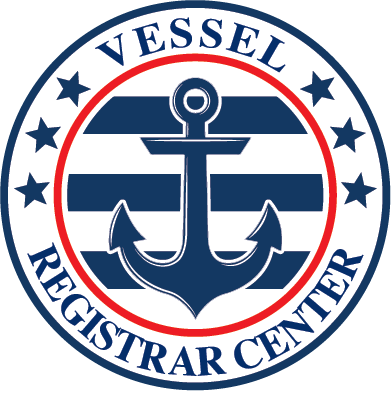Everyone who owns a boat in the United States must keep all their documents current. Vessel documentation must be renewed every three years to avoid the risk of incurring fines and other penalties for failing to do so. If the paperwork for your vessel has expired, we will cover what steps you may take in this article on our blog. In addition to that, we will guide you on how to ensure that your paperwork is always up to date. Dealing with paperwork is a chore that no one loves doing, but when that paperwork is tied to your boat, it can be particularly aggravating. Don’t panic if the paperwork for your vessel is no longer valid; there are still a few things you can do to keep your boat operating legally on the sea. Keeping your yacht in compliance with the law doesn’t have to be as difficult as you think.
Renew Your Vessel Documentation Online.
Your first instinct may be fear when you find out your vessel documentation has expired. That’s alright, however. The first step is to calm down and take a deep breath. This is not the end of the world; you have choices. Early renewal might save you money if you know you’ll need to renew soon. You should find out the expiry date of your documents as soon as possible so that you may be prepared for anything that can happen after that time.
Even while federal law enforcement may not come knocking if your boat’s registration has expired, you still need to take action to get your yacht into conformity with the law. That object is a new registration form; filling it out is a simple process. You must first register your boat with the U.S. Coast Guard’s Small Vessel Registration System. Instead of calling the Registry and waiting on hold to find out the status of your vessel’s paperwork, you may use SVRSS.
Check Out the Temporary Registration Option
You should consider applying for temporary registration if you have let your registration lapse or are searching for a means to cut down on the time and money you will need to spend in the future. Because of this, you can renew your vessel’s registration without having to pay for the comprehensive examination, which may save you both time and money. The application for temporary registration is rather straightforward, and it may be submitted through mail or via an online service such as Maritime Documentation Center. In order to complete the application, you will need to provide paperwork from a mechanic demonstrating that your vessel complies with all needed safety requirements. Additionally, you will need to provide evidence that your boat is covered by active insurance.
Make Sure You Have Liability Insurance
So you’ve got a boat that’s been out of the country for a while, and now it’s finally time to get it back into the water where it belongs. Check to see whether you still possess liability insurance. This is an absolute must. Your assets will be protected, and your legal compliance will be maintained if you have liability insurance. Many individuals may believe they do not need liability insurance if they will be boating in the state where they reside, but this is not the case.
If you are involved in an accident that results in a death or a serious injury, the individual who was hurt may file a claim against you for damages up to the limits of your insurance policy. You risk losing everything you possess, including your yacht, if you are found guilty of the charge and cannot pay the associated damages.
Register Your Boat with the State Government
As soon as you have one, you are responsible for ensuring that it is titled appropriately, which includes registering it with the state and paying any applicable registration costs. Don’t worry if you can’t quite put your finger on the precise date of the last time you legally registered your boat; there are several different methods that you may find out when it was exactly that you did so. The most straightforward approach is to get in touch with the department of motor vehicles in your state that oversees boating.
They can provide you with all the information you want to register your boat properly, and if you discover that no records exist for your vessel, they will assist you in creating those documents. Be truthful if they tell you that your registration has expired and inquired how much time has gone since then; a little bit of tact and honesty might save you a lot of trouble further down the road.

Keep Up With Maintenance and Safety Inspections
Lack of time, money, or both prevents many boat owners from keeping their boats up to date with the essential inspections. The potential for penalties and other repercussions for late completion sometimes overwhelms owners when they decide to conduct the repair. But have no fear! Keeping your yacht in compliance with the law doesn’t have to be a major headache; you have choices. If the vessel owner does not pay any registration fees (such as property taxes or mooring costs) for two years, the vessel is declared abandoned.
If a boat is left under a state’s jurisdiction for an extended period, the state will eventually take possession of it and have it towed away. Small Craft Harbor Commissions and state departments of natural resources are two possible funding sources for repair expenditures that may be beyond your means. A fee waiver may be available to those who qualify based on their household income.
Don’t panic if your Vessel Documentation has lapsed and you don’t know what to do. Contact the knowledgeable staff at the Maritime Documentation Center to continue taking care of your vessel documentation. They would gladly assist you in answering any questions regarding this or any other vessel-related topic. Get in touch with them at 800-535-8570 right now to schedule an appointment with one of their marine experts, who will gladly help you with everything you require.




